The Development History of Indonesian Coffee Bean Culture and its producing areas and grading system Mantenin's taste and flavor characteristics
One of the most expensive coffee in the world, Kopi Luwak, comes from Indonesia, and the most representative coffee is Manning coffee. Mantenin coffee is moderately sour, with a strong aroma, bitter taste, rich mellow, full texture, fragrant, strong, mellow and bitter. Of course, for friends who don't like the taste, Manning coffee is like a cup of traditional Chinese medicine.
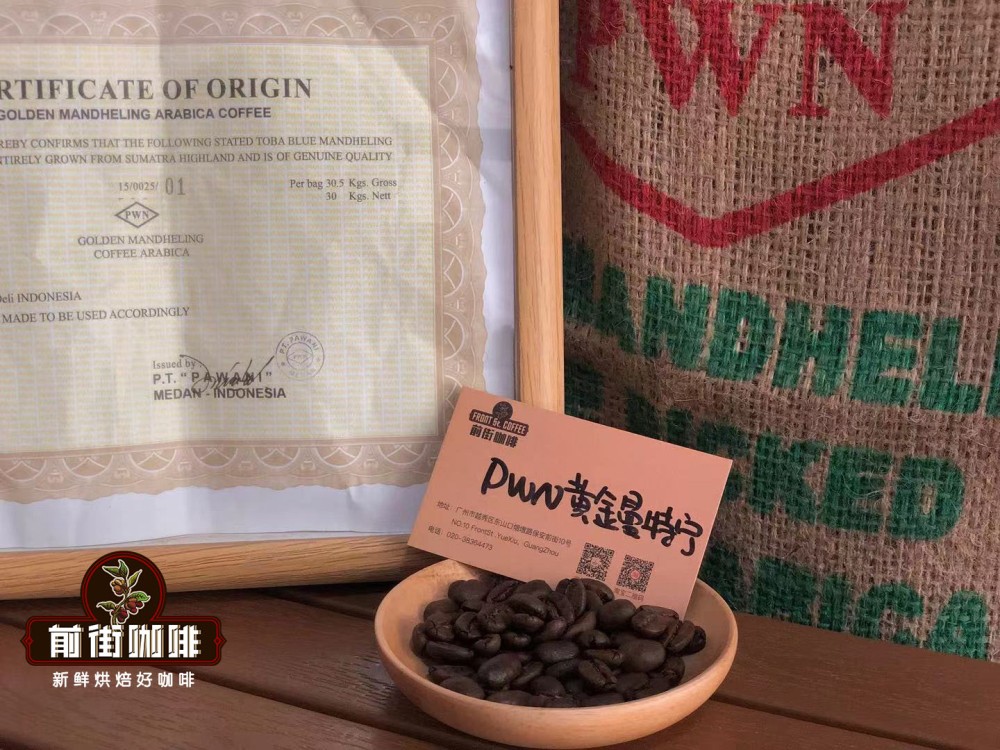
History of coffee in Indonesia
Indonesian coffee is not only the major coffee producing country in Asia, but also the top coffee producing country in the world. Although the planting area of Indonesian coffee is the largest in the world, due to the low efficiency of coffee production, Indonesia only ranks third in the world after Brazil and Vietnam.
In 1699, when Indonesia was still under the Dutch colony, VOC (Vereeniging Oust-Indies Company) introduced Arabica coffee plants to break the Arab global monopoly on coffee trade. The Dutch colonial government originally grew coffee around Batavia (present-day Jakarta).
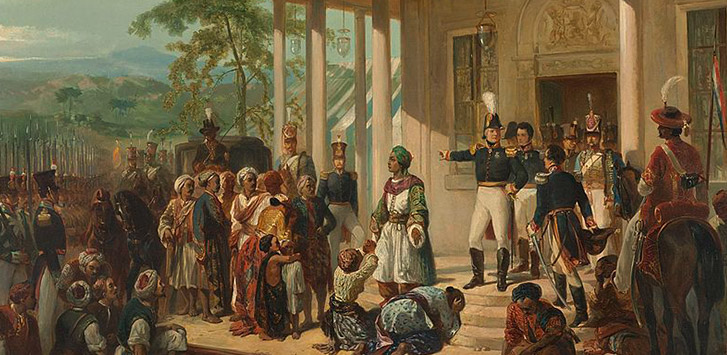
More coffee plantations have been established in East Java Central Java West Java and parts of Sumatra and Sulawesi. Indonesia is the first place outside Arabia and Ethiopia where coffee is widely grown. VOC monopolized the coffee trade between 1725 and 1780.
By the mid-17th century, VOC had expanded Arabica coffee-growing areas in Sumatra, Bali, Sulawesi and Timor. In Sulawesi, coffee was first grown in 1750. In the North Sumatra Heights, coffee was first grown near Lake dopa in 1888 and then in the Canadian Heights (Aceh) near Lake Lauttawal in 1924. In the late 18th century, Dutch colonists established large coffee plantations on the Yizhen Plateau in eastern Java.
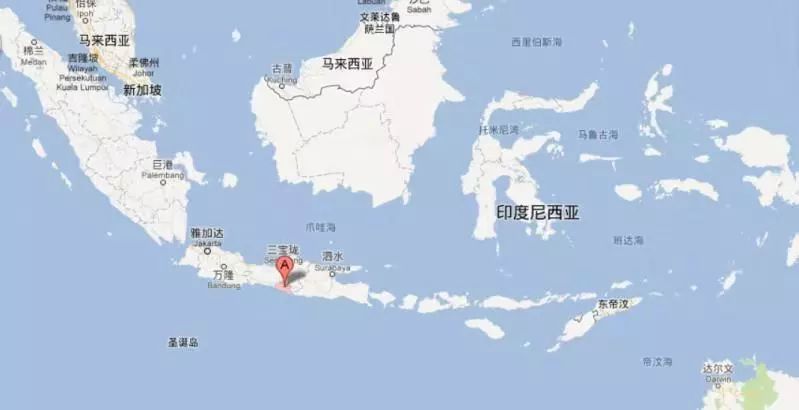
In the 1920s, small farmers across Indonesia began to grow coffee as a cash crop. However, the disaster occurred in 1876, when coffee rust swept through Indonesia, wiping out most of the typica varieties. Robusta coffee (C. canephor var.robusta) was introduced as a substitute in East Java in 1900, especially in low-altitude areas, where rust is particularly serious.
The plantations in Java were nationalized when they became independent and revived in the 1950s with a new variety of Arabica coffee. These varieties are also adopted by small farmers through the government and various development plans. Today, more than 90% of Indonesian coffee is grown by small farmers on an average farm of one hectare or less.
Growing Environment and varieties of Manning Coffee
Indonesia is the largest archipelago country in the world, with the title of "Thousand Island country". The islands are scattered, with rugged mountains and hills, only narrow plains along the coast, and surrounded by shallow seas and corals. India's typical tropical rain forest climate, the average annual temperature is 25-27 ℃, there is no difference between the four seasons. The northern part is affected by the northern hemisphere monsoon, the precipitation is abundant from July to September, and the southern part is affected by the southern hemisphere monsoon. The precipitation is abundant in December, January and February, with an annual precipitation of 1600-2200 mm. Because Indonesia's high altitude, volcanic ash soil, and its climatic characteristics are all excellent conditions for the growth of Arabica coffee trees.
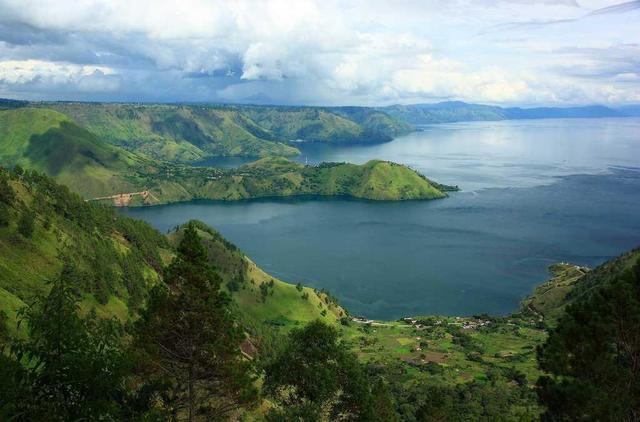
At the end of the 17th century, the Dutch East India Company transplanted Indian Arabica trees to Jakarta, Java. Due to the suitable climate and soil and water, Arabica soon spread to Sumatra on the island of Java and Sulawesi, another large island in the northeast. But in 1880 there was a serious outbreak of leaf rust at Java Bar, which withered Arabica. The Dutch switched to disease-resistant robusta coffee to stabilize the Indonesian coffee industry. To this day, Robusta is still the main force of Indonesian coffee. Indonesian Robusta coffee accounts for about 85% of the country's production, distributed in the low-altitude areas of Java and Bali. Arabica production is 15%, distributed in northern Sumatra, Sulawesi, Java to higher elevations.
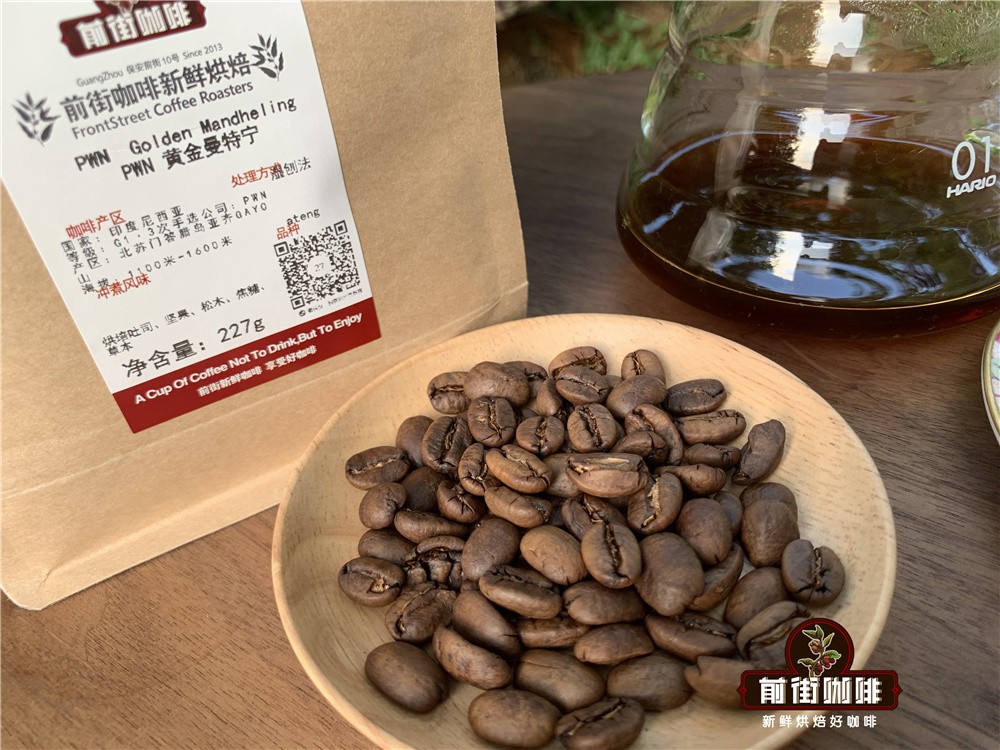
Lin Dong Manning Coffee on Qianjie Street is TimTim Ateng, while Golden Manning Coffee says: Ateng. Timtim is actually Timor, an Arabica breed of Robusta descent, while Ateng is Catimor, a hybrid of Kaddura and Katim. That variety is just a local name.
Coffee producing areas in Indonesia
Sumatra (Sumatra)
A large island in western Indonesia, located above the equator, with an area of 473000 square kilometers, is the sixth largest island in the world. Northeast across the Strait of Malacca and the Malay Peninsula, west of the Indian Ocean, the equator will be divided into two, belongs to the tropical rain forest climate, happens to be on the "coffee belt", the broad sense of "Manning" coffee, all from this island. Sumatra is not only the largest island in Indonesia, but also the sixth largest in the world. It is located in the northwest of Indonesia. Because of its location, Sumatra has the earliest harvest season in the country from November to March.
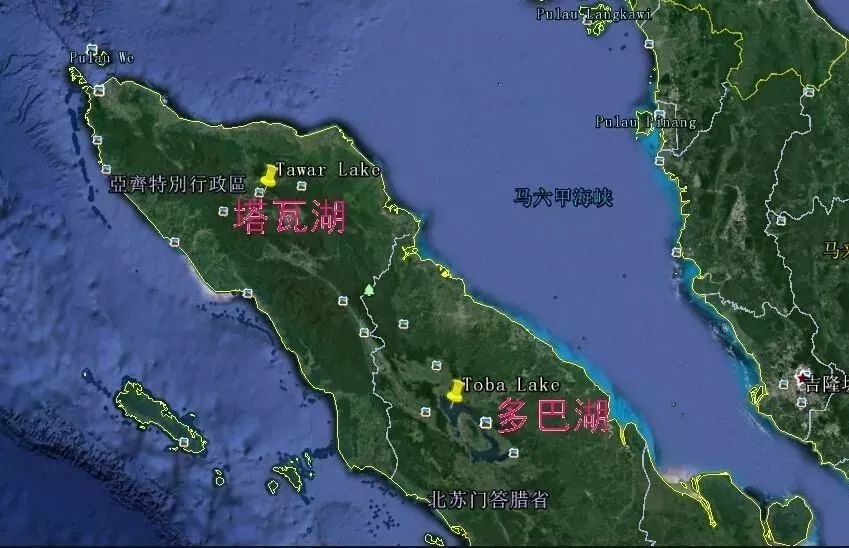
Lin Dong Mantenin is produced in the Lindong Mountains of north-central Sumatra, near Lake dopa. Lin Dong Manning is the regular version of Sumatra Manning.
Lake Lake Toba, located in the central part of North Sumatra province, was moved northward to Lake dopa by Dutch colonists in 1888, thus creating a modern Mantenin legend.
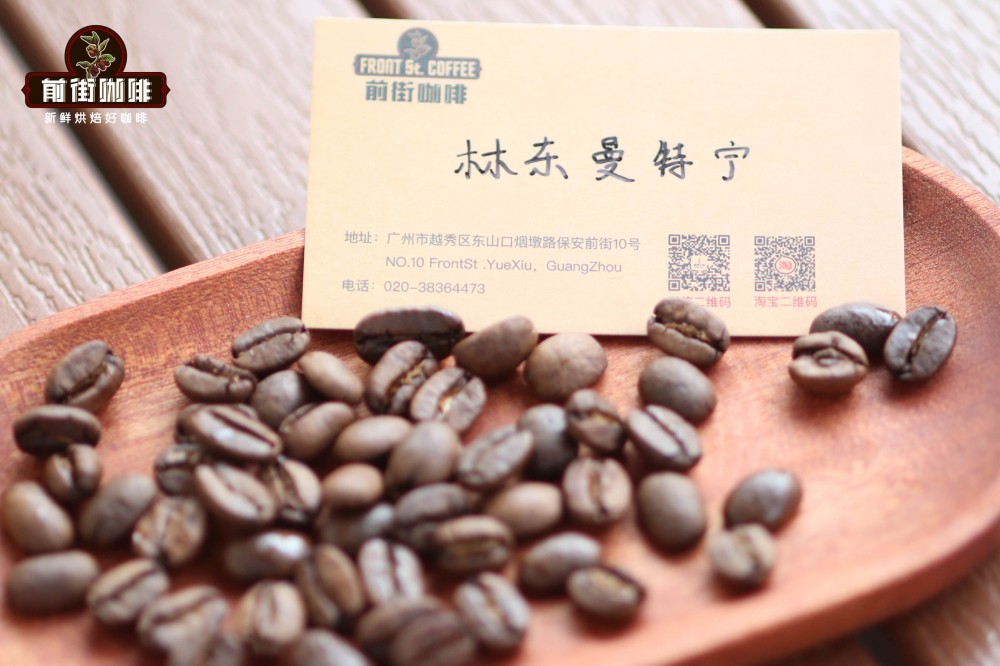
Lake Tawa (Lake Tawar) is located in the middle of Aceh Special Administrative region. Located at the northern tip of Sumatra, the area is less than 1/10 of Lake dopa.
At present, the best quality beans in the whole Sumatra region come from the GAYO mountains, and most of them are planted with old trees. The Gayo Mountains are located in the Aceh producing area of the northern province of Sumatra, at an altitude of between 1500 and 2500 meters. Coffee farmers are mostly local farmers-the GAYO people. This area has ideal conditions for growing coffee-high altitude, fertile soil, abundant precipitation, Lake Lake Tawar provides rich water resources, and the region widely uses organic methods to grow coffee without the use of chemical fertilizers, so it is considered to be the world's green coffee production region. Therefore, Gayo coffee is often called green coffee and Gayo organic coffee.
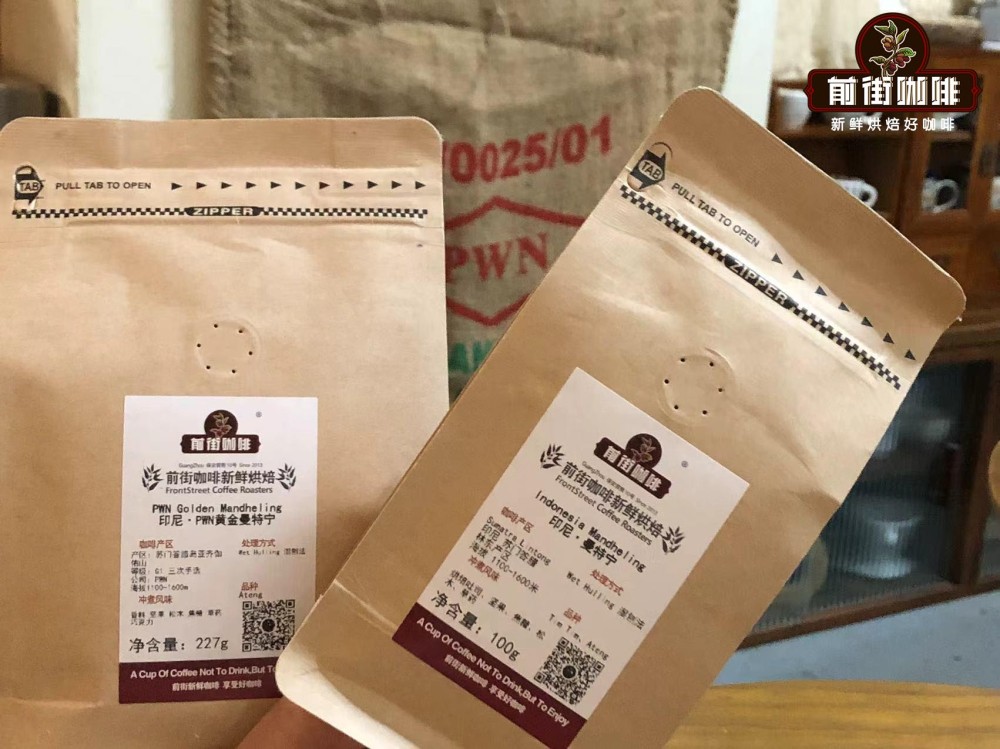
Qianjie Coffee currently on the shelves of the two Indonesian coffee beans, are from the origin of boutique Mantenin coffee. The flavor of "Qianjie Coffee-rations Lindong Manning Coffee beans" shows baked toast, nuts, caramel, pine, herbs; "Qianjie Coffee-PWN Gold Mantenin Coffee beans" flavor shows spices, nuts, pine, caramel, herbs, dark chocolate.
Bali (Bali)
Bali is famous for its beautiful beaches, coral reefs and yoga and meditation resorts. This tropical paradise offers some of the best coffee that Indonesia and the world must provide. Most coffee grows in the Kintamani Highlands between the Batukaru and Agung volcanoes.
Mantenin coffee bean grading method
Indonesia is located near the equator and belongs to the tropical rain forest climate. Most of the coffee beans produced in large quantities are treated with rough wet planing. Wet planing treatment greatly speeds up the whole treatment process, but it takes a lot of friction to remove the semi-dry sheep skin, so raw beans are easy to be crushed and crushed, especially at both ends, forming small gaps. As a result, the defect rate of Indonesian coffee beans treated by wet planing is generally high, so raw bean merchants will arrange manual selection to remove incomplete beans with defects before export.
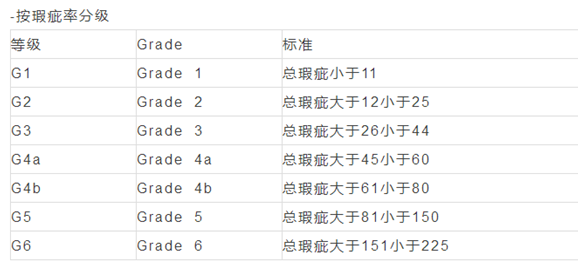
Indonesian coffee is graded mainly according to the number of defective beans, supplemented by size. Indonesia's general quality requirements are no live insects, no mildew and rotten beans, with a maximum moisture content of 12.5%. The impurity rate is less than 0.5%. According to the defect rate classification (based on 300g), the grade Grade standard is mainly divided into six levels, namely G1-G6.
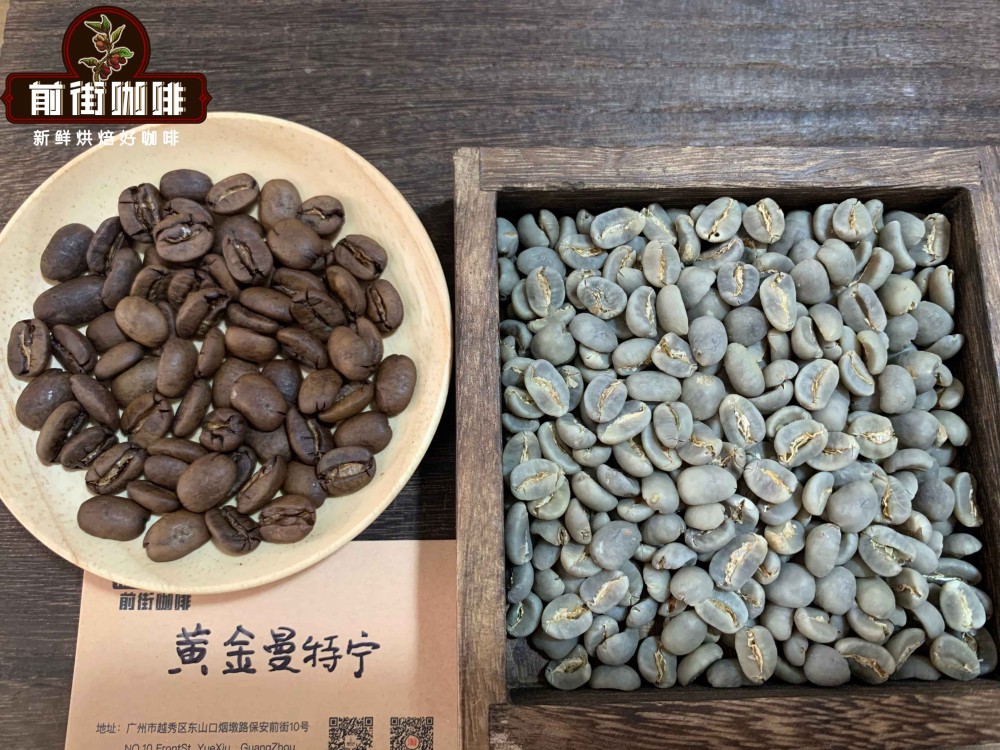
Usually, the rough sacks of raw beans in Indonesian coffee will be marked: country + graded name + raw bean merchants, such as Lin Dong Manning Coffee and PWN Gold Manning Coffee on the Qianjie bean list are G1 grade, among which the raw bean sack of PWN Gold Manning Coffee is printed with "PWN GOLDEN MANDHELING TRIPLE PICKED Grade 1 PROD OF INDONESIA 30KGS NET".
Golden Manning
Indonesia PWN Company has gone through one machine selection + three hand selection on the basis of G1. The Mantenin raw beans produced are of high quality, with uniform color and regular size. PWN Indonesia famous raw bean acquisition company, they will wet planing treated Mantenin raw beans with 1 machine selection + 3 manual selection, to ensure that the batches reach the highest level of G1 in Indonesia. The purpose of machine selection is to screen out that the specification of beans must be more than 18 mesh, and there are less than 3 defective beans (300g raw bean samples), which belongs to the highest grade G1, dark green and neatly shaped flat beans. The follow-up multiple labor is to eliminate the irregular defective beans, and the reduction of the defect rate greatly improves the quality of Mantening coffee. In order to distinguish it from the coffee produced in the producing area, PWN registered "Golden Manning" as a trademark.
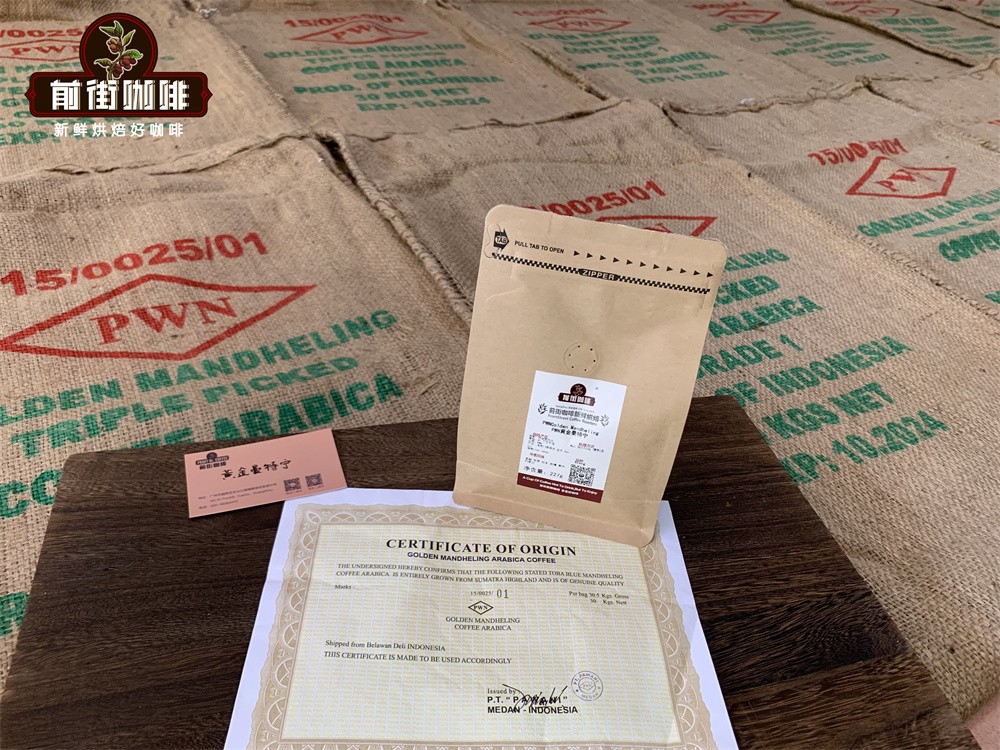
The gold Manning coffee beans sold on Qianjie Coffee come from PWN. In the offline stores on the front street, you can see PWN's gold Mantenin coffee bean certification certificate and coffee sacks with the company logo. Gold manning is actually produced by a company Pwani Coffee Company acquired locally in Indonesia, and then registered the name of gold manning, so in fact, the company's manning is the gold manning of Zhenggang. Qianjie coffee is found not only without the soil flavor peculiar to ordinary Mantenin, but also tastes cleaner and brighter, and has a stronger sweetness.
Mantenin Coffee Bean treatment-Wet planing method
Manning's unique wet planing method, also known as wet shelling Wet Hulling, also known as Giling Basah in the local language, is a traditional Indonesian coffee treatment. Judging from the name alone, the wet planing method is very similar to the wet treatment (water washing treatment). However, the cup flavor of the two treatments is very different. The coffee treated by the wet planing method is usually mellow and strong, and the personality is very distinct.
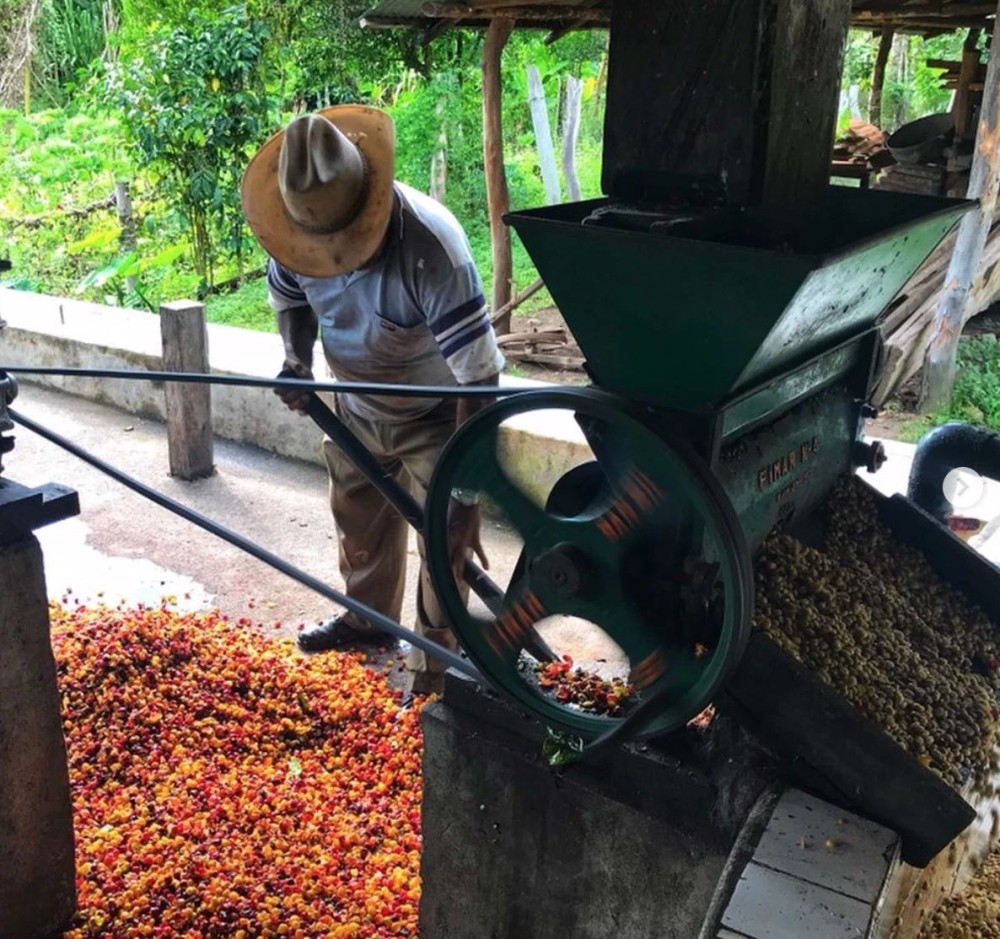
As the local weather is often dominated by Rain Water, continuous typhoons, lack of long-term sunlight, perennial high temperature and humidity, and perennial humidity as high as 70-90%, it is impossible to rely solely on sun treatment. The local economy is also limited, unable to use the more expensive way of washing, and finally gave rise to the wet planing method with local characteristics. After the previous washing process, the coffee beans with sheepskin are exposed to the sun for 1-2 days, so that the moisture content of the coffee beans reaches 30-50%, and then take off the sheepskin to dry in the sun, which can speed up the drying speed of the coffee beans. greatly shorten the drying time.
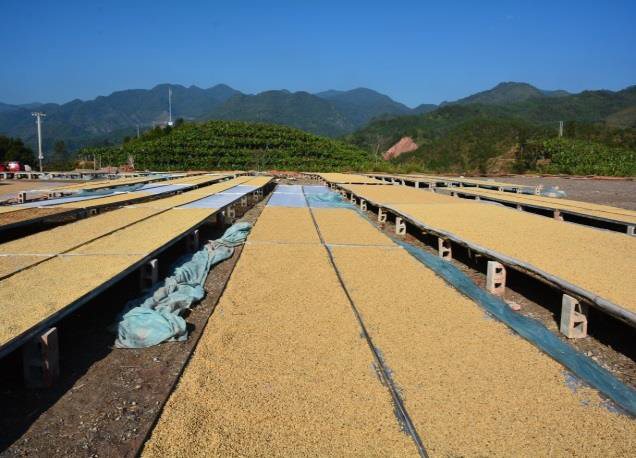
The wet planing method is characterized by rapid drying and removing parchment drying. Teacher Han Huaizong described it as "this is also a rare treatment in the world, accidentally creating Mantenin's special low-acid, thick and smelly flavor."
Mantenin coffee beans in the shape of sheep's hoof
Careful friends may find that the characteristics of Mantenin coffee beans are "sheep's hoof", and Qianjie also noticed that they have a common bean appearance "sheep's hoof". This is because the semi-hard and semi-soft wet raw beans are easy to be crushed when the pectin sheepskin is removed by machine, and the beans are crushed and split like sheep's hoof, commonly known as sheep's hoof beans. "Sheep's hoof" is a very prominent feature of Mantenin coffee beans, so it is not a defective bean.
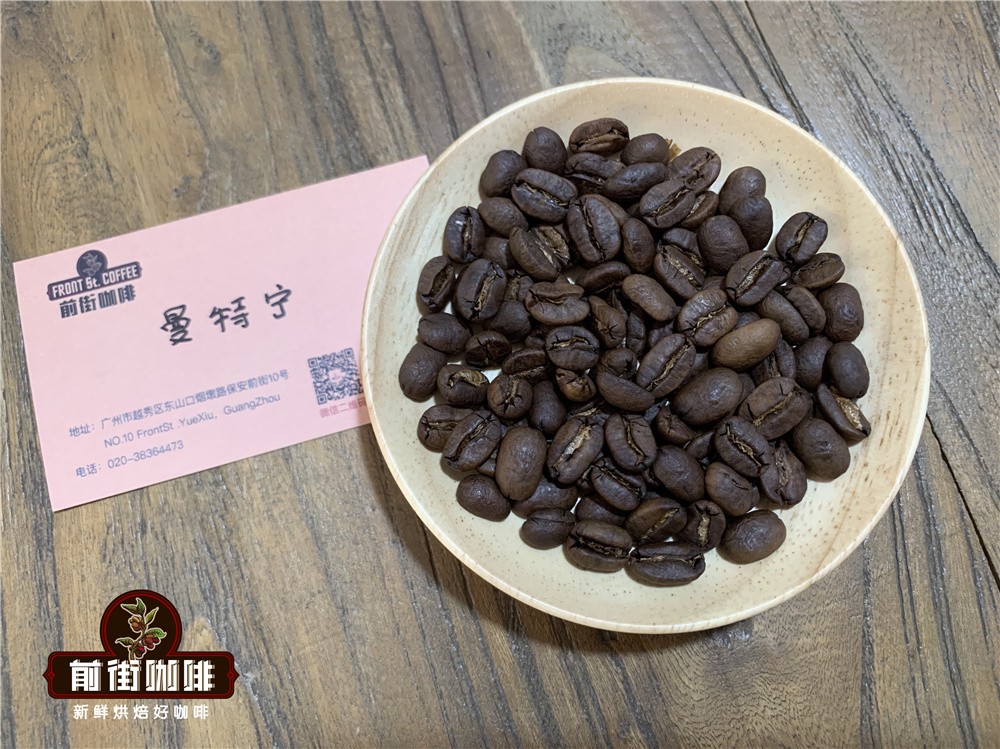
Parameters for brewing Manning coffee in front of the street:
Baristas on Qianjie will choose KONO filter cups to brew this kind of mellow coffee. KONO filter cup compared with v60 has a smooth surface, weak exhaust effect, straight ribs only 1/4 of the filter cup, so that the coffee layer and hot water to form immersion extraction, the taste of coffee is more round and mellow. The KONO filter cup is also suitable for coffee such as Brazil's Queen's Manor Coffee and Jamaica Blue Mountain No.1 Coffee.
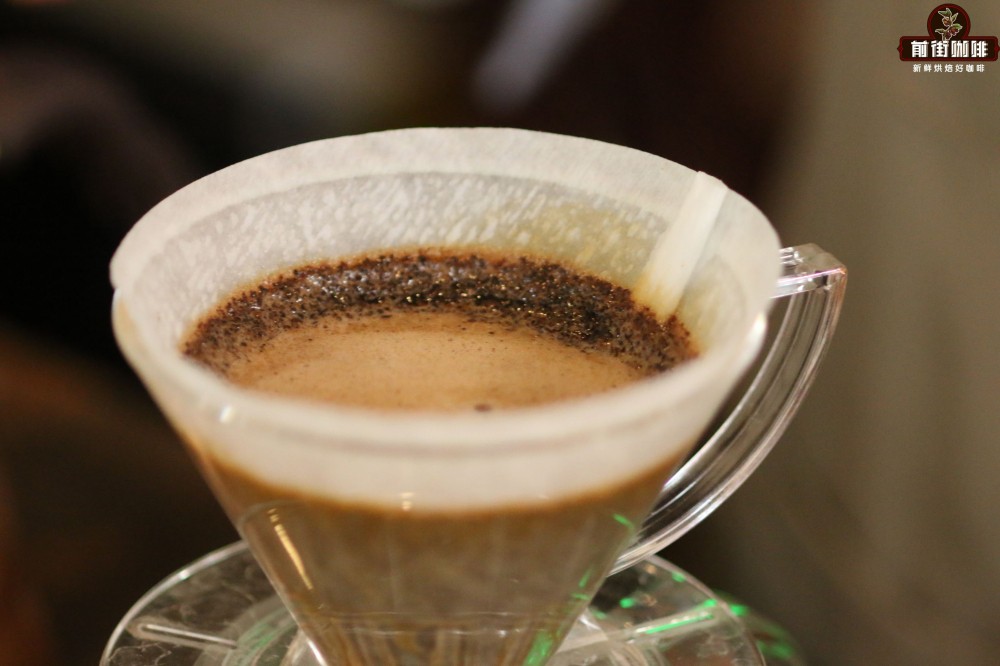
Deep roasting loosens the internal structure of coffee beans, and we can crush them with a gentle pinch of our hands, which shows that the coffee beans are highly absorbent after grinding into powder. In order to prevent coffee powder from releasing too much bitterness after absorbing water, Qianjie will thicken the grinding degree and flush it by hand with cooler water. The noodle-water ratio in front of the street will choose the usual 1:15, if you want a stronger taste, you can use 1:13, according to your own taste.
KONO filter cup, 88 degrees Celsius water temperature, 1:15 powder / water ratio, 15g coffee powder, grinding degree (standard sieve 20 pass rate 75%), three-stage extraction.
The use of segmented extraction, with twice the amount of coffee powder water for steaming, that is, 30 grams of water for 30 seconds, and the reason for the need for steaming process is to make coffee powder can discharge the internal carbon dioxide gas, so that the latter stage of the extraction is better stable. When the small water is injected around the circle to 125 grams, the injection will be stopped until 225 grams, then the filter cup will be removed after the dripping of the filter cup, and the extraction time will be 2 minutes 39 grams. Next, pick up and shake the whole cup of coffee, then pour it into the cup and taste it.
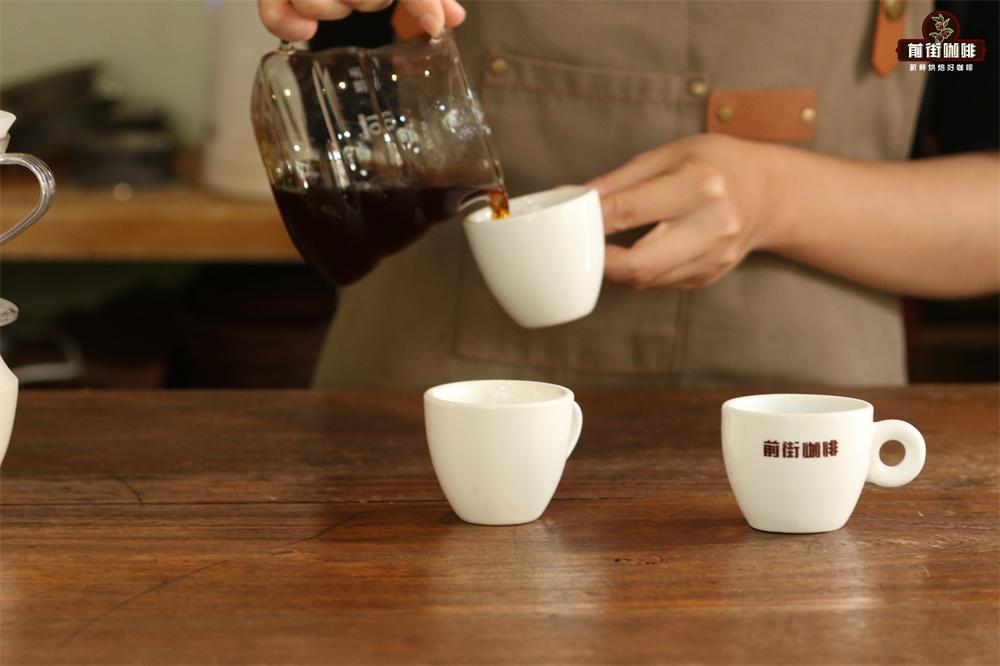
[Lin Dong Manning Coffee] herbs, chocolate and caramel are well balanced as a whole.
[Golden Manning Coffee] Nuts, spices, herbs, licorice, chocolate, caramel.
Suggestions for making coffee in front of the street:
In order to brew a cup of delicious coffee, Qianjie thinks that any way of brewing needs fresh coffee beans. Qianjie has always believed that the freshness of coffee beans has a great relationship with the flavor of coffee, so the coffee beans shipped in Qianjie coffee are all within 5 days of baking time. The purpose of Qianjie roasting is "freshly roasted coffee", so that every guest who places an order is the freshest coffee when he receives it. The bean cultivation period of coffee is about 4-7 days, so when the guest gets it, it is the time when the flavor is the best.
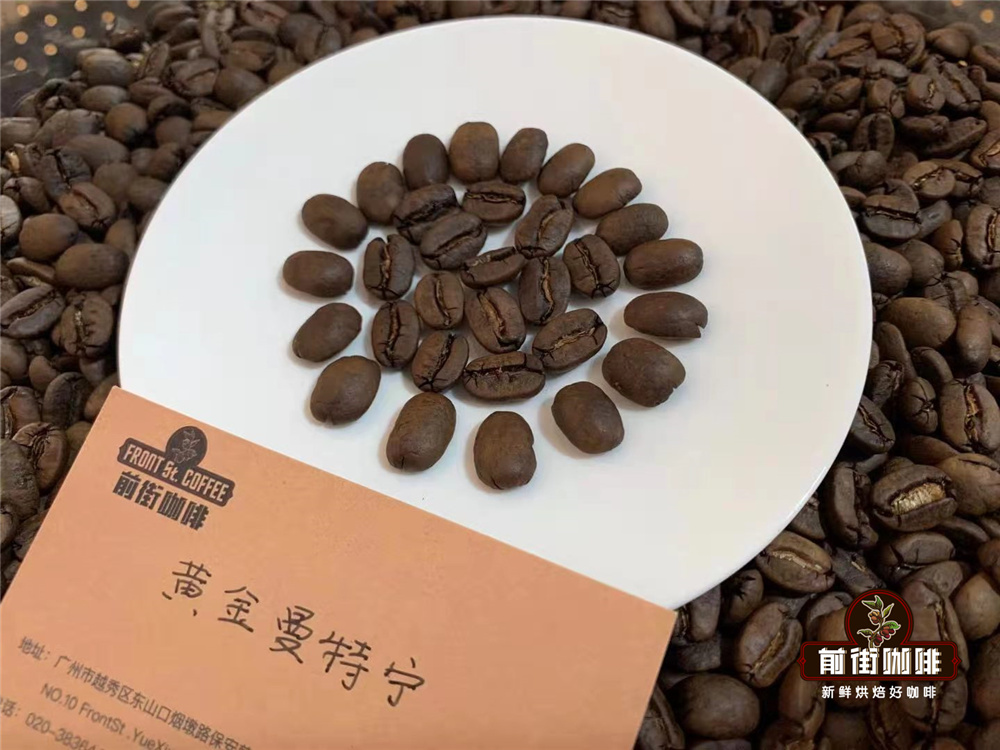
For those who need to be ground, Qianjie warmly reminds you that if the coffee beans are ground in advance, there is no need to raise the beans, because in the process of transportation, the pressure caused by carbon dioxide in the package can also make the coffee flavor round. so you can drink a cup of coffee as soon as you receive the coffee powder. But the coffee powder needs to be brewed in time, because the coffee powder oxidizes more quickly after contact with the air, that is to say, the flavor of the coffee will dissipate more quickly, and the flavor of the coffee is not so good. Therefore, Qianjie suggests buying whole beans, grinding and flushing now, so that we can better taste the flavor of coffee.
Professional coffee knowledge exchange more coffee bean information please follow the coffee workshop (Wechat official account cafe_style)
For more boutique coffee beans, please add private Qianjie coffee on Wechat. WeChat account: qjcoffeex
Important Notice :
前街咖啡 FrontStreet Coffee has moved to new addredd:
FrontStreet Coffee Address: 315,Donghua East Road,GuangZhou
Tel:020 38364473
- Prev
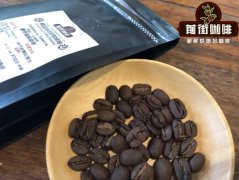
The flavor and taste characteristics of high-priced cat shit coffee beans from Indonesia and the origin of the story behind them.
Kopi Luwak, I believe everyone has heard of it! Kopi Luwak produces very little, and goods are scarce, so his price is very high. Do you know where it is of origin? Why is he called Kopi Luwak? With these questions, let's take a look at this Kopi Luwak from Qianjie Coffee. According to Qianjie, it is known that civets live mainly in Indonesia, which is below 2100 meters above sea level.
- Next
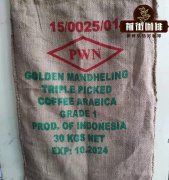
Description and difference of flavor and taste characteristics of old tiger Mantenin coffee beans in Lindong gold
The difference between Manning Coffee Manning Coffee is a kind of coffee often seen in coffee shops. Do you know where it comes from? Why is it called Manning? Let's learn about Manning with the editor today. Manning coffee from northern Sumatra in the western part of Indonesia near the Indian Ocean. In the 18th century, in order to break the Arab
Related
- Detailed explanation of Jadeite planting Land in Panamanian Jadeite Manor introduction to the grading system of Jadeite competitive bidding, Red bid, Green bid and Rose Summer
- Story of Coffee planting in Brenka region of Costa Rica Stonehenge Manor anaerobic heavy honey treatment of flavor mouth
- What's on the barrel of Blue Mountain Coffee beans?
- Can American coffee also pull flowers? How to use hot American style to pull out a good-looking pattern?
- Can you make a cold extract with coffee beans? What is the right proportion for cold-extracted coffee formula?
- Indonesian PWN Gold Mandrine Coffee Origin Features Flavor How to Chong? Mandolin coffee is American.
- A brief introduction to the flavor characteristics of Brazilian yellow bourbon coffee beans
- What is the effect of different water quality on the flavor of cold-extracted coffee? What kind of water is best for brewing coffee?
- Why do you think of Rose Summer whenever you mention Panamanian coffee?
- Introduction to the characteristics of authentic blue mountain coffee bean producing areas? What is the CIB Coffee Authority in Jamaica?

